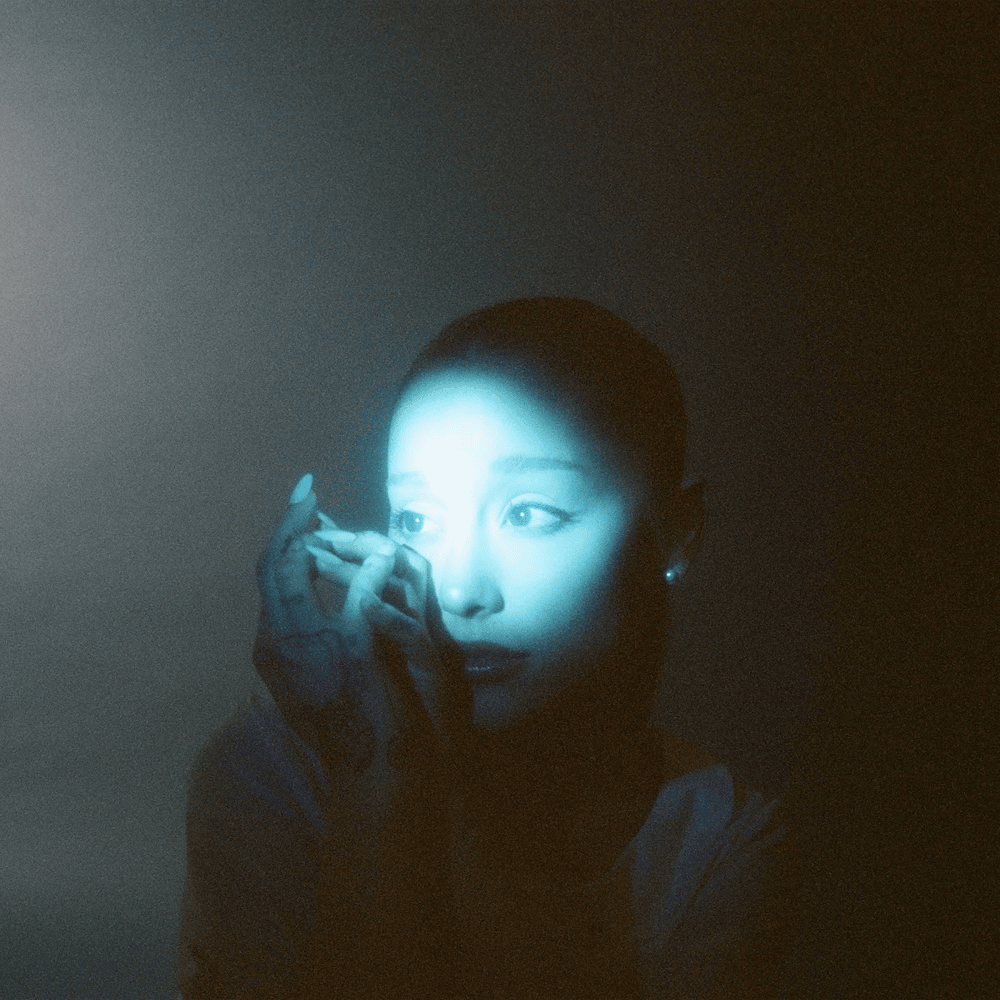When Wiz Khalifa exploded onto the mainstream music scene in 2010, his mixtape Kush and Orange Juice became a trending topic on both Google and Twitter, and it seemed like things were looking up for the Pittsburgh rapper. With his new album, the aptly-titled Rolling Papers, hip-hop’s new favorite stoner attempts to find a place in popular music and expand his talents to more than just rapping about drugs, women and cars.
Unfortunately, these talents don’t make a classic debut album. While Rolling Papers is Wiz’s third studio album, it marks the 23-year-old rapper’s debut on a major label. That new spotlight has clearly put a lot of pressure on Wiz, who spends most of the album trying to prove that he is more than meets the eye.
After a piano intro that lasts over a minute, Wiz starts off the album with “When I’m Gone,” a song that shows the rapper’s biggest fear: losing the fame he has worked so hard to gain. The next song, “On My Level,” features a throwaway Too $hort verse that sounds almost obligatory. The rapper’s hit single “Black and Yellow” follows, with Wiz showing his unconditional love for his Dodge Challenger R/T.
What follows next is a perfect trifecta of songs that his record label executives love while die-hard Taylor Gang fans cry foul. It begins with “Roll Up,” the second single of the album and a measly attempt at a pop hit. In fact, the only original aspect of the song is its title, which refers to marijuana smoking, but the song is actually about being there for a girl.
The next two songs have one thing in common: over done, off-key singing. “Wake Up” gives the the concept of unnecessarily repeating lines a new meaning, and the skit that ends the song is reminiscent of The Notorious B.I.G.’s intro skit on “Going Back to Cali,” minus the purpose. Similarly, “Top Floor” is nothing more than decent harmonies that could have made a good song if they weren’t placed over a horrible and repetitive instrumental.
Hope returns with “The Race” and “Star of the Show,” the latter which features newcomer Chevy Woods. With only three collaborations on the entire album, this guest feature seems like a break from the album’s monotonous beginning.
Interestingly enough, the songs that are produced by E. Dan and Big Jerm, Wiz Khalifa’s in-house producers and best friends, are the most comfortable and praise-worthy songs on Rolling Papers. These songs sound the most laid-back, as if his best music comes out when he is able to break away from the pressure of the spotlight and record with his friends.
“Rooftops,” featuring Curren$y, is the pinnacle of the album. On the song that whole-heartedly represents what the album should have been, both stoner rappers kick back and rhyme about their change from “not being allowed in the building” to being “on the rooftop.” Even the album’s last song, “Cameras,” allows the rapper to take a break from the partying to focus on the introspective thoughts that have been plaguing him since he stepped in front of the spotlight.
In total, the album seems like an attempt to gain mainstream success. Wiz spends more time harmonizing than actually rapping, and the song selection seems like it came straight from Atlantic Records, to which Wiz is signed. Maybe he is really trying to prove that he is more than just a pothead rapper, or maybe he just really wants more money. Either way, Wiz needs to realize that the fans who gave him the national spotlight are the fans that will keep him in it. Rolling Papers might be a decent attempt at gaining mainstream success, but it is certainly not Kush and Orange Juice.







